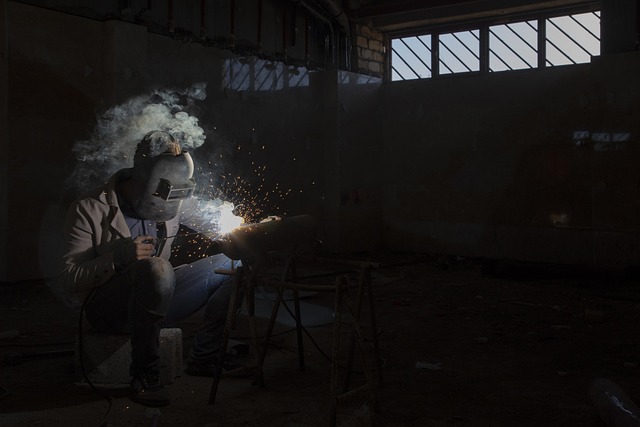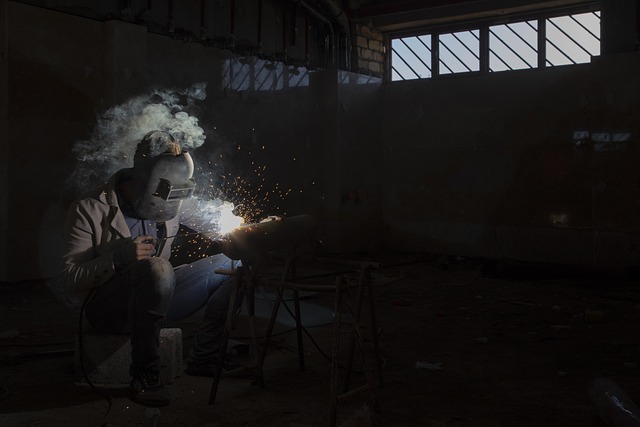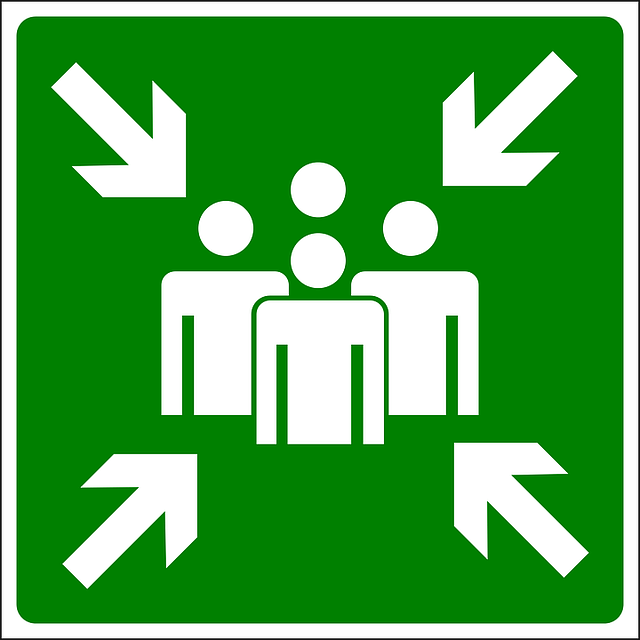Comprehensive background checks are essential tools for prioritizing safety in childcare facilities. By verifying identity, criminal history, qualifications, and certifications, these checks protect children from individuals with a history of criminal activity, especially child abuse or neglect. Strict adherence to legal requirements provides parents with peace of mind. Meticulous screening processes, including national sex offender registry checks, empower childcare centers to make sound decisions, safeguarding the well-being of children. Background check systems significantly reduce potential risks and create a safe environment, deterring malicious individuals and fostering trust among parents. Despite challenges like time constraints and administrative burdens, rigorous background checks remain crucial for maintaining robust childcare facility security.
In today’s digital era, ensuring the safety of our youngest charges is paramount. Comprehensive background checks for childcare providers are no longer a consideration—they’re an essential component of childcare facility security. This article delves into the significance of rigorous screening, exploring legal requirements and best practices. We’ll dissect what to look for in a thorough process, discuss enhancing facility security through robust systems, and weigh the benefits and challenges of implementation. By understanding these key aspects, parents can have greater peace of mind when entrusting their children’s care.
- Understanding the Importance of Background Checks in Childcare
- Legal Requirements and Regulations for Caregivers
- Comprehensive Screening Process: What to Look For
- Enhancing Facility Security with Robust Background Check Systems
- Benefits and Challenges: Implementing Rigorous Checks in Practice
Understanding the Importance of Background Checks in Childcare

In the realm of childcare, ensuring the safety and well-being of young minds is paramount. Background checks play a pivotal role in safeguarding our most vulnerable population by verifying the trustworthiness and suitability of individuals who regularly interact with children. These thorough investigations uncover potential risks or red flags that could compromise the security of childcare facilities.
Comprehensive background checks are essential tools to protect children from harm, abuse, or exploitation. By screening applicants rigorously, childcare providers can create a safe environment, fostering trust between parents and caregivers. Such measures significantly reduce the likelihood of inappropriate behavior or criminal activity within childcare settings, offering peace of mind to both families and staff.
Legal Requirements and Regulations for Caregivers

In many jurisdictions, running a childcare facility comes with stringent legal requirements and regulations aimed at ensuring the safety and well-being of young charges. These guidelines are designed to maintain high standards of care and protect children from potential risks. One of the cornerstone aspects is the implementation of comprehensive background checks for all caregivers, staff, and volunteers. This process involves verifying their identity, criminal history, and any relevant qualifications or certifications.
The specific rules vary by region, but generally, childcare providers must adhere to local laws that mandate regular and thorough screening. These checks are vital in safeguarding children from individuals with a history of criminal activity, especially those involving child abuse or neglect. By enforcing strict adherence to these regulations, childcare facility security is enhanced, providing parents and guardians with peace of mind knowing their children are in capable and trustworthy hands.
Comprehensive Screening Process: What to Look For

A robust screening process is paramount in ensuring the safety and security of a childcare facility. Comprehensive background checks should be conducted on all potential employees, delving into their criminal history, employment records, and personal references. This involves verifying credentials, reviewing any past disciplinary actions or legal issues, and assessing their suitability for working with children.
The screening process should also encompass an understanding of the candidate’s attitude towards child safety, their experience in handling emergency situations, and their ability to maintain confidentiality. Checks should be conducted against national and local sex offender registries, ensuring that no disqualifying factors exist. By meticulously examining these aspects, childcare facilities can make informed decisions, prioritizing the well-being and security of the children in their care.
Enhancing Facility Security with Robust Background Check Systems

Background check systems play a pivotal role in enhancing childcare facility security. By thoroughly vetting every staff member, caregivers, and volunteers, these facilities can mitigate potential risks and create a safe environment for children. A robust background check process involves verifying identities, criminal records, and any relevant history that could impact their ability to care for young children. This includes checking for past offenses, substance abuse issues, or unaddressed mental health concerns.
Implementing comprehensive background check policies ensures that childcare providers are reliable and trustworthy. It allows facility managers to make informed decisions, knowing that only suitable individuals are granted access to vulnerable children. Moreover, these measures can deter individuals with malicious intent from gaining entry, providing peace of mind for parents and guardians who trust their children’s safety in these facilities’ hands.
Benefits and Challenges: Implementing Rigorous Checks in Practice

Implementing rigorous background checks for childcare providers offers significant benefits in enhancing the security and safety of childcare facilities. These checks ensure that individuals interacting with vulnerable children have no criminal history, allowing parents to trust their kids are in capable and trustworthy hands. A robust screening process also identifies potential risks early on, enabling proactive measures to protect children from harm.
However, navigating this process presents challenges. Time constraints and administrative burdens can hinder comprehensive evaluation, especially in regions with high demand for childcare services. Privacy concerns related to sharing sensitive information must be carefully managed while adhering to legal requirements. Moreover, keeping up with evolving screening standards and utilizing technology effectively is crucial to maintain a robust system that keeps children secure in their care environments.
